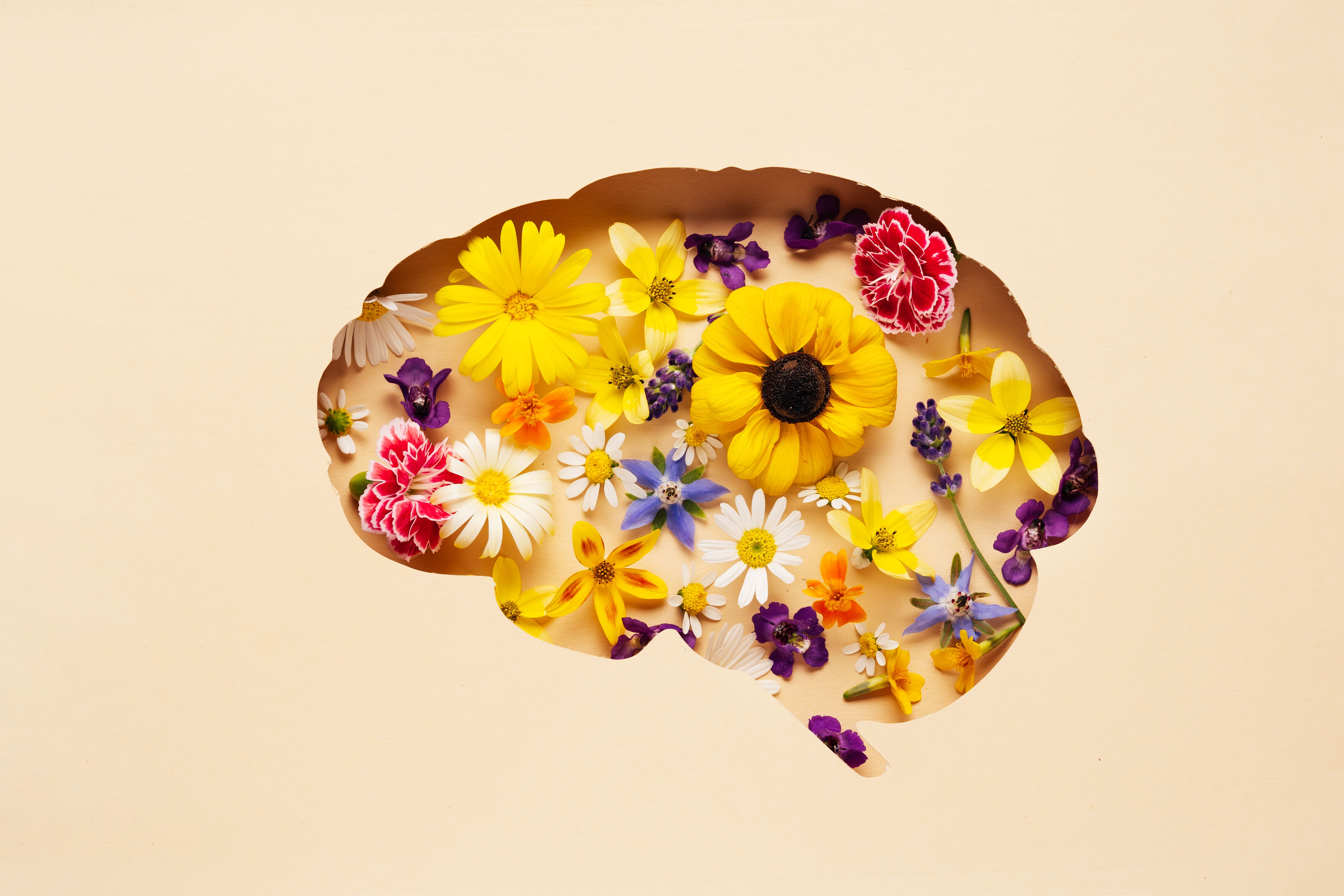Psychiatry can be considered both a science and an art.
As a science, psychiatry is based on empirical evidence and clinical research. Psychiatrists use a range of diagnostic tools and treatment modalities that are grounded in scientific principles, such as medication, psychotherapy, and brain imaging research. They apply their scientific knowledge to diagnose and treat mental health disorders and improve the lives of their patients.
At the same time, psychiatry also involves an intuitive and very human element. The art of psychiatry involves the ability to form a strong therapeutic relationship with patients, to listen deeply to their concerns and needs, and to create complex conceptualizations of an individual’s suffering utilizing psychological, biological, social and environmental constructs. Psychiatrists create individualized treatment plans that are tailored to each individual’s unique circumstances. They must be able to apply their scientific knowledge in a creative and intuitive way, navigating complex emotional and psychological landscapes and collaborating with patients to achieve positive outcomes.
The art of psychiatry is not just about understanding the science of mental health disorders, but also about understanding the complexity of human emotions, behaviors and experiences across the lifespan.




